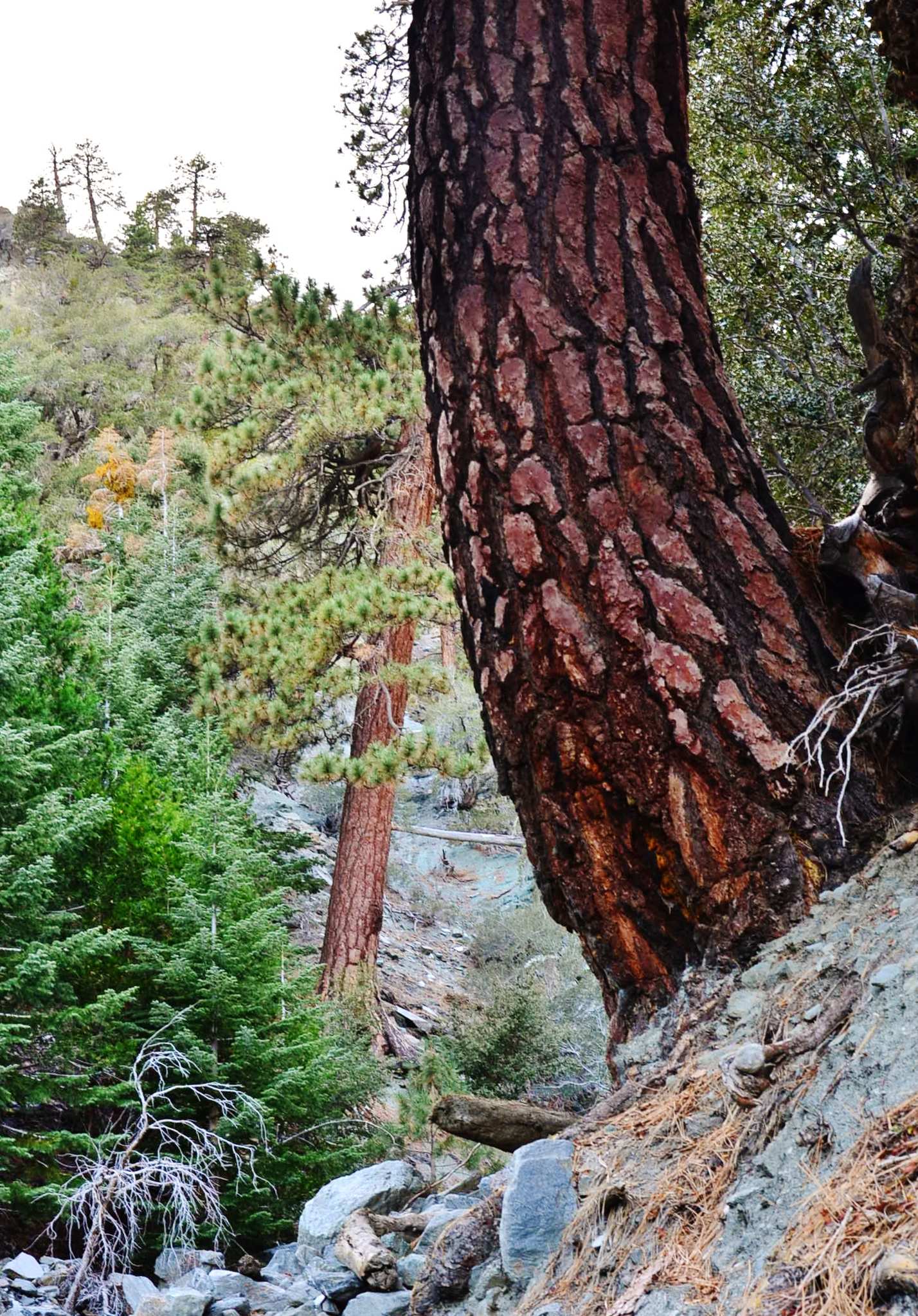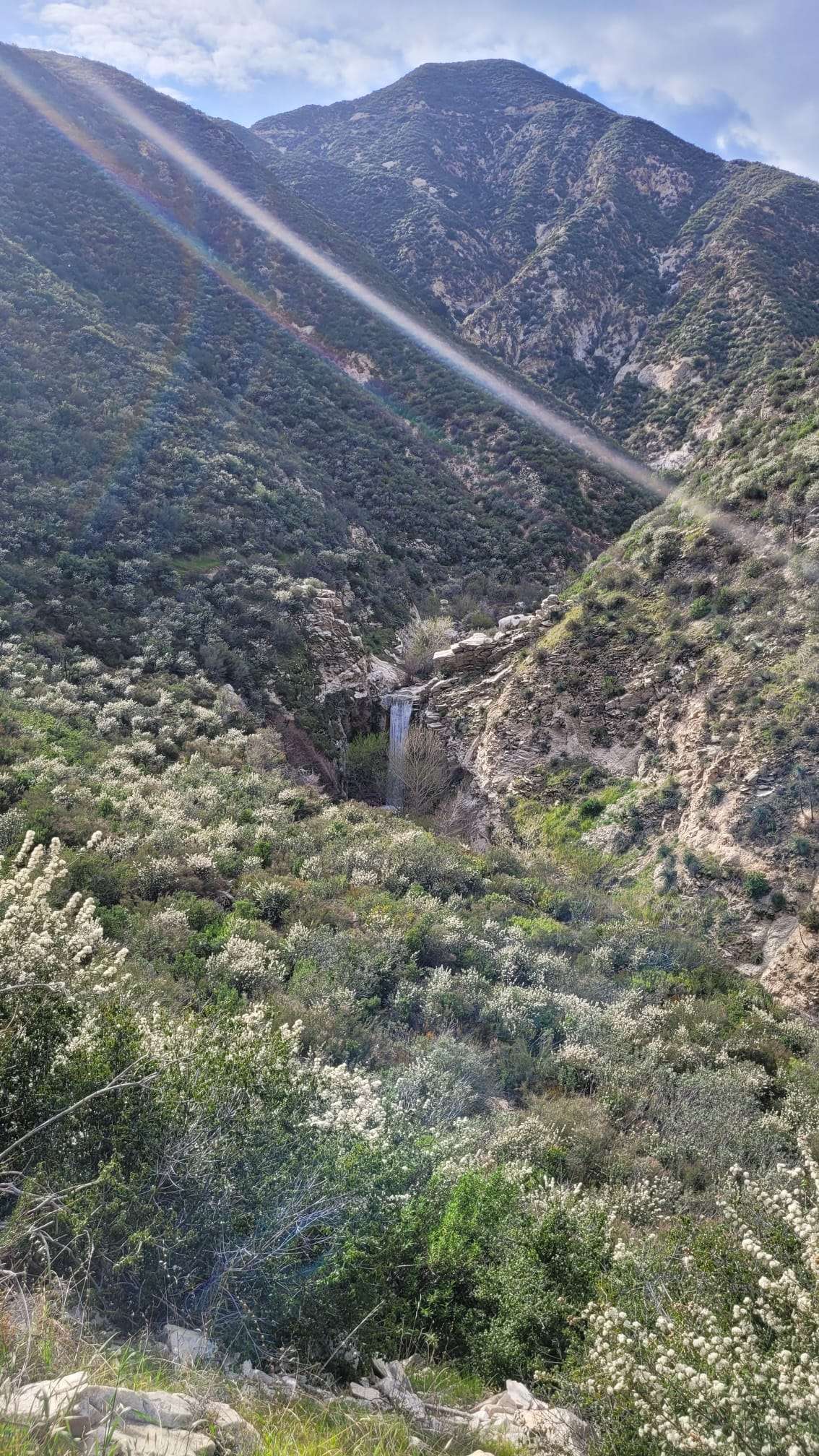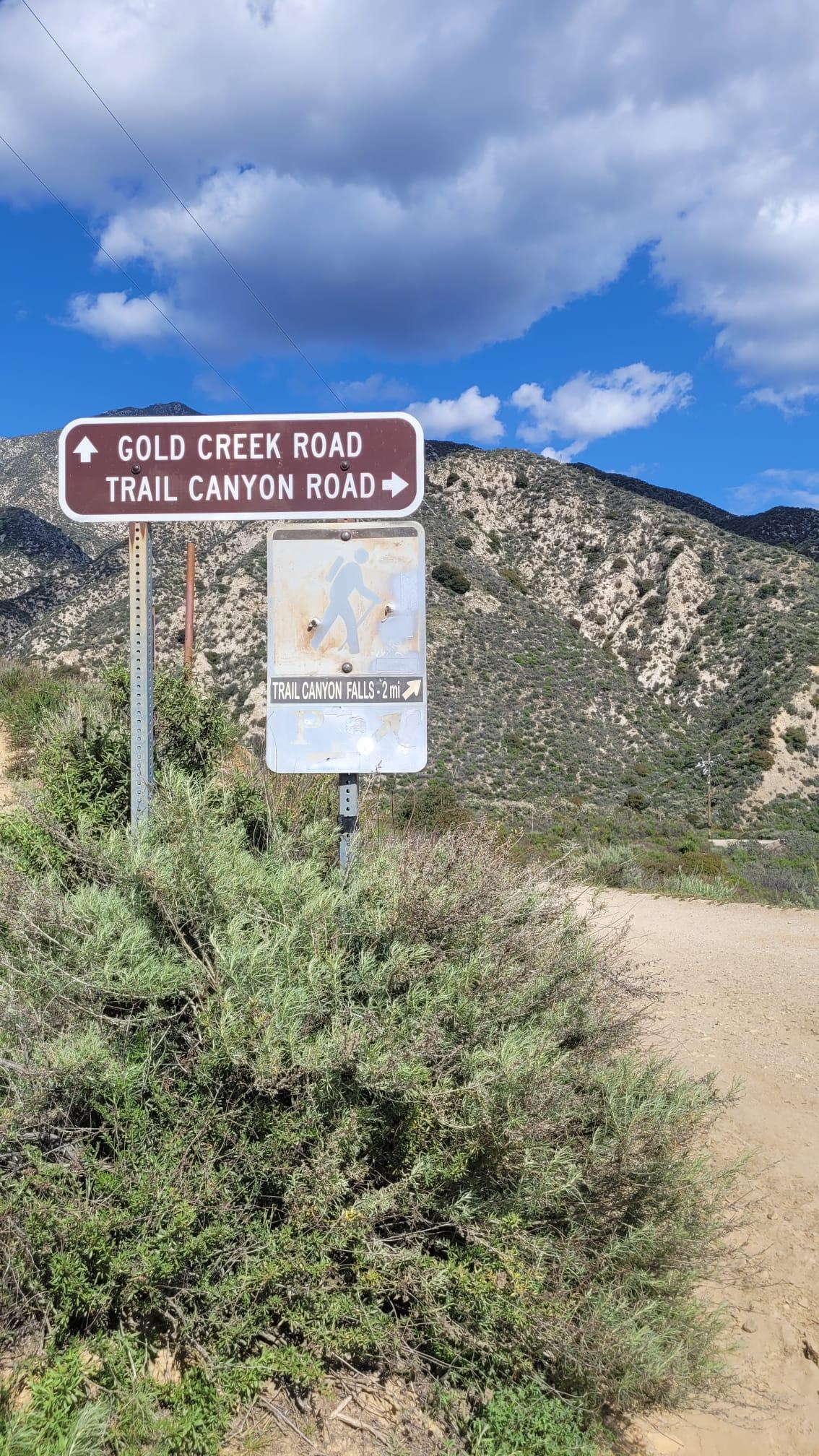Angeles National Forest offers a diverse geological landscape for rock enthusiasts. With its vast expanse of granitic and metamorphic formations, the forest provides ample opportunities for rock collecting. From the rugged San Gabriel Mountains to the scenic Big Tujunga Canyon, visitors can discover a variety of minerals and rocks. This guide covers regulations, best locations, types of rocks, and essential tools for a successful rock collecting adventure in Angeles National Forest.
What Are the Regulations for Rock Collecting in Angeles National Forest?

Before embarking on your rock collecting journey, it’s crucial to understand the rules and regulations set by the U.S. Forest Service:
- Permit Requirements
- Generally, no permit is required for personal, hobby, or non-commercial rock collecting.
-
Some areas may require a free use permit; check with the local ranger district office.
-
Collection Methods
- Hand tools only (picks, shovels, small hammers)
-
Mechanical equipment and explosives are strictly prohibited
-
Quantity Limits
- Collect only “small quantities”
- Typically interpreted as hand-sized specimens
-
Total volume should fit in a pocket or sample bag
-
Restricted Areas
- Avoid mining claims, archaeological sites, and protected areas
- Always consult with the local ranger district for specific restrictions
Where Are the Best Locations for Rock Collecting in Angeles National Forest?

While specific rockhounding areas are not officially designated, several locations within the forest are known for their geological diversity:
- San Gabriel Mountains
- Rich in granites, gneisses, and schists
-
Accessible via various trails and forest roads
-
Pine Mountain
- Offers quartz, feldspar, and igneous rock varieties
-
Scenic views and diverse geological formations
-
Big Tujunga Canyon
- Stream beds and surrounding hills yield various specimens
- Accessible via Big Tujunga Canyon Road
| Location | Rock Types | Accessibility |
|---|---|---|
| San Gabriel Mountains | Granites, Gneisses, Schists | Multiple access points |
| Pine Mountain | Quartz, Feldspar, Igneous rocks | Forest roads and trails |
| Big Tujunga Canyon | Stream bed rocks, Various minerals | Big Tujunga Canyon Road |
What Types of Rocks Can Be Found in Angeles National Forest?
The geological diversity of Angeles National Forest offers a wide range of rock and mineral specimens:
- Igneous Rocks
- Granites: Coarse-grained with quartz, feldspar, and mica
-
Pegmatites: Large crystal formations, potentially containing rare minerals
-
Metamorphic Rocks
- Gneisses: Banded appearance with various mineral compositions
-
Schists: Foliated rocks rich in mica and other minerals
-
Common Minerals
- Quartz: Clear to milky white, often in veins or crystals
- Feldspar: Pink to white, a major component of granitic rocks
-
Mica: Shiny, flaky minerals in various colors
-
Rare Minerals
- Tourmaline: Found in some pegmatite formations
- Beryl: Occasionally present in granitic pegmatites
- Garnet: Can be found in some metamorphic rocks
What Are the Essential Tools for Rock Collecting in Angeles National Forest?
To ensure a successful and safe rock collecting experience, consider bringing the following tools and equipment:
- Hand Tools
- Rock hammer or geologist’s pick
- Small shovel or trowel
-
Chisels for precise extraction
-
Safety Gear
- Safety goggles to protect eyes from rock chips
- Work gloves for hand protection
-
Sturdy hiking boots with good ankle support
-
Collection and Identification Tools
- Hand lens or loupe for close examination
- Sample bags or containers
-
Field guide for rock and mineral identification
-
Hiking and Navigation Equipment
- Topographic map of the area
- Compass or GPS device
-
Plenty of water and snacks
-
First Aid Kit
- Basic first aid supplies
- Any personal medications
How to Prepare for a Rock Collecting Trip in Angeles National Forest?
Proper preparation is key to a successful and enjoyable rock collecting experience:
- Research and Planning
- Study geological maps of the area
- Check weather forecasts and plan accordingly
-
Inform someone of your trip plans and expected return time
-
Obtain Necessary Permits
- Contact the local ranger district for any required permits
-
Familiarize yourself with current forest regulations
-
Pack Appropriately
- Bring layers of clothing for changing weather conditions
- Pack sufficient water and high-energy snacks
-
Include sun protection (hat, sunscreen, sunglasses)
-
Respect the Environment
- Practice Leave No Trace principles
- Refill any holes created during collecting
- Avoid disturbing wildlife or plant life
What Are the Best Practices for Responsible Rock Collecting?
To ensure the preservation of Angeles National Forest for future generations:
- Collect Responsibly
- Take only what you need and can carry
- Leave larger specimens and formations intact
-
Photograph unique finds instead of removing them
-
Stay on Designated Trails
- Avoid creating new paths or disturbing vegetation
-
Respect any area closures or restrictions
-
Educate Others
- Share knowledge about geology and conservation
-
Encourage responsible collecting practices
-
Report Significant Finds
- Inform forest rangers of any unusual or significant geological discoveries
- Contribute to scientific understanding of the area’s geology
By following these guidelines and respecting the natural environment, rock collectors can enjoy the geological wonders of Angeles National Forest while preserving its beauty and scientific value for years to come.
References:
1. USFS-Managed Public Lands & Rockhounding – Gator Girl Rocks
2. Rockhounding Guide – USDA Forest Service
3. Recreational Mineral Collecting – USDA Forest Service

